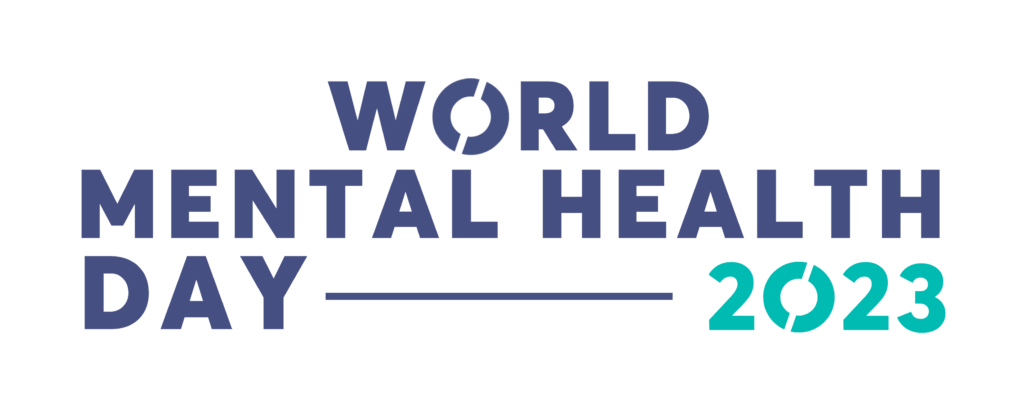Psychoanalytic thinking in public services: a relational approach

In the Summer 2020 issue of New Associations, Nick Benefield and Jessica Yakeley wrote “Psychoanalysis Engaging Prisons”, an article about improving psychosocial provision in the UK prison system. The article traces the fluctuating role of psychoanalytic thinking within public services. The authors also discussed their involvement in a working group, chaired by Helen Morgan for the BPC, that aimed to strike a closer collaboration between health and criminal justice services and ensure that psychoanalytically informed ideas remained present and sustainable for staff and service users in prisons.
Nick Benefield has decades of experience as a policy, clinical and commissioning advisor, working on a wide range of public service programmes, developing frameworks in which to work with offenders and understand the mental health implications in those settings. Jessica Yakeley is a Psychoanalyst, Consultant Psychiatrist and Director of the Portman Clinic.
To mark World Mental Health Day, we caught up with Nick and Jessica to hear about the progress of the working group and how they think mental health provision has developed in the prison system since 2020.
"A respectful, healthy, honest, reliable, authentic relationship with the person you’re working with will inevitably make what you do more effective, it will also make the experience better."
The article was written in 2020, on the brink of lock down, Nick and Jessica both cited COVID as a major setback for their work, not only because it brought things to a halt but also because COVID shut down prisons in a way that damaged the system considerably. The pandemic revealed and exacerbated issues of isolation suffered by staff and service users alike. Prisons in the UK are still recovering from damage done by COVID but signs of improvement are there through the work of the Offender Personality Disorder Programme.
Since their article in 2020, one of biggest developments for the working group has been the launch of the Relational Practice Manifesto. The manifesto is the result of a group of specialists’ hard work and decades of professional experience in public services including Jessica, Nick and Rex Haigh, a medical psychotherapist with a background in therapeutic communities. The group also is co-produced with people with lived experience of diagnosis and living with complex disorders that now work in the NHS providing training, support and advocacy.
The manifesto takes the form of a website and statement of intent that outlines why relational work should be the future of mental health provision in public services. They have developed a suite of virtual and physical resources for all public service areas that explains relational practice and ways to embed this practice into public training and policy.
Relational Practice, Nick says, is an act against the industrialisation and tick box techniques often found in public service provision. The commodification of public services has pushed away analytic approaches and thinking. Relational Practice is an effort to preserve the humanity of this kind of work, keeping it person-centred and analytically informed. At the core of the manifesto are values of honestly, reliability, consistency, curiosity, flexibility, and authenticity. By putting humanness at the centre of the approach, relational practice considers the needs of both the staff and the service-users in public services. Issues of burnout, compassion fatigue and power dynamics can degrade healthy relationships and positive outcomes. When discussing relational work, Nick said the following:
“A respectful, healthy, honest, reliable, authentic relationship with the person you’re working with will inevitably make what you do more effective, it will also make the experience better.” This is particularly true in the recipients experience of public services.
Relational practice allows those in public service to begin to think about the dynamics within their place of work and reminds them that the relationship with their service users is at the heart of what they do. For the analytic profession it raises questions of ‘what is our role’ in support of such important public sector improvements.
The next stage for the Relational Practice Movement is the development of regional groups, a lot of these participants will be made up of those that attended the launch day of the manifesto. They’re made up of different organisations, public services such as schools and prisons, as well as those in the health service. These regional groups will develop multi-agency networks that will advocate the relational practice approach in their localities.
You can learn more about the Relational Practice Manifesto by visiting the Relational Practice Movement website. You can find out more about the philosophy and intentions behind relational practice, as well as how to get involved.
You can also read the article that Nick and Jessica wrote for New Associations in the Summer 2020 issue here (page 21-22).
